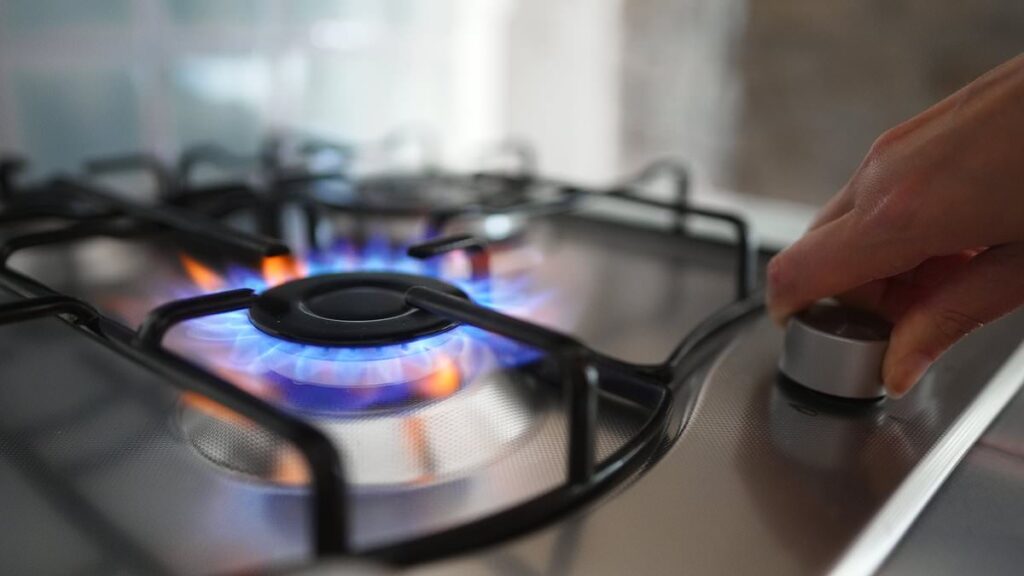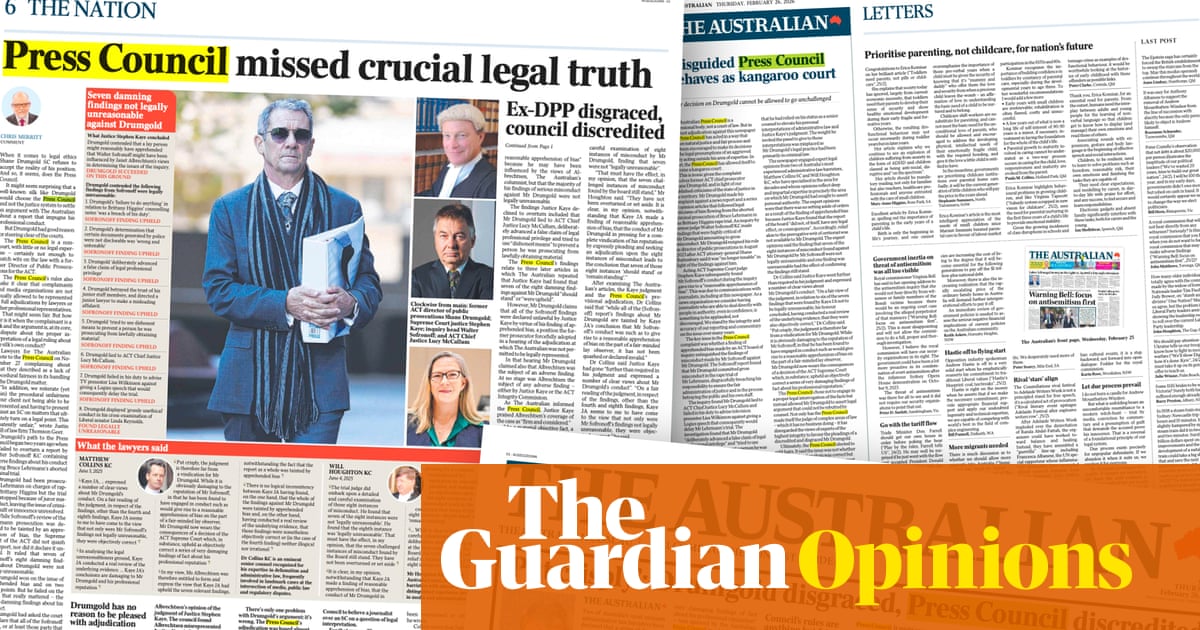
The City of Sydney has taken a significant step towards a greener future by banning gas appliances in all new homes and businesses starting January 1, 2026. This landmark decision, unanimously approved by Lord Mayor Clover Moore’s council, aims to phase out the use of fossil fuels in new residential builds and promote sustainable energy alternatives.
The council’s motion, passed on Monday night, will update development control rules to mandate the use of electric stoves, ovens, heaters, and coolers in newly constructed apartments and houses. While gas hot water systems will remain permitted under current regulations, the council envisions a complete transition to electric systems by 2027.
Economic and Environmental Impacts
According to the City of Sydney council, this shift away from gas could save each household up to AUD 626 annually on power bills. The move is part of a broader strategy to reduce emissions and combat the ongoing climate crisis.
“We remain in a climate crisis, which means we need to pull every lever we have in order to keep reducing our emissions,” Moore stated. “To rely on gas means a continued cost for our hip pocket, a continued cost for our health, and a continued cost for our planet. It is a price that we simply cannot afford to pay.”
The announcement comes as Sydney joins six other New South Wales councils that have already banned indoor gas appliances in new builds, with seven more councils working towards similar regulations. The City of Sydney also proposed extending the ban to other developments, including serviced apartments, new offices, and hotels.
Public Feedback and Future Plans
Councillors have voted to gather public feedback on a plan that would require the use of renewable energy in developments if the gas ban is implemented. The council’s jurisdiction covers Sydney’s central business district and surrounding inner-city suburbs, impacting over 210,000 residents.
Greens councillor Matthew Thompson, who supported the ban, emphasized the dual benefits of financial savings and improved public health. He likened the use of gas stove ovens to smoking cigarettes in an enclosed room with a child, highlighting the potential health risks.
“These changes are an easy step we can take right now to save lives and save families money,” Thompson said in a statement.
Meanwhile, Liberal councillor Lyndon Gannon assured that the ban would not affect traditional family activities, such as barbecues, as it does not restrict the use of gas bottles.
Challenges and Opposition
The move to ban gas appliances has not been without controversy. Since August 2023, when the City of Sydney first passed a motion to investigate the feasibility of such a ban, there has been significant backlash. Critics have called on NSW Premier Chris Minns to prevent the council from unilaterally imposing these restrictions.
Despite the opposition, Moore acknowledged that the state government holds the ultimate authority to approve or block the ban. In 2023, Premier Minns rejected a statewide ban on new gas connections, highlighting the complex interplay between local and state governance.
Expert Opinions and Broader Implications
Campaign manager for Electrify Your Council, James Conlan, praised the City of Sydney for its decisive action, calling it a necessary step in cutting emissions and protecting public health.
“We congratulate the City of Sydney for taking bold climate leadership and taking action where the state government is falling behind,” Conlan said. “Gas is a dirty fossil fuel that has no place in homes.”
Medical experts have also weighed in, with Prince of Wales Hospital neurologist Shaun Watson supporting the ban. He pointed out the health risks associated with burning gas indoors, which releases harmful substances like nitrogen dioxide and benzene.
“Burning gas in the home releases carbon dioxide, which is heating the planet. Gas used in the home also releases nitrogen dioxide, benzene, and formaldehyde, which are known to trigger childhood asthma,” Dr. Watson noted.
The City of Sydney’s decision sets a precedent for other councils in New South Wales and beyond, potentially influencing future policies on sustainable urban development. As the city moves forward with its plans, the focus will remain on balancing economic, environmental, and public health considerations.





